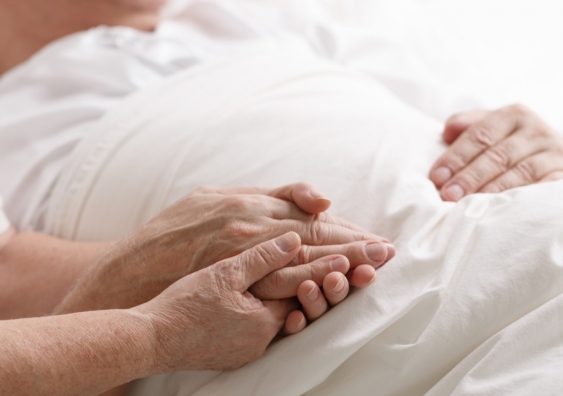Voluntary assisted dying bill: Should terminally ill people be allowed the right to end their life?
Ethics and health law experts discuss whether euthanasia is the ultimate form of individual choice or a sign that we need to reconsider how we care for the most vulnerable.


